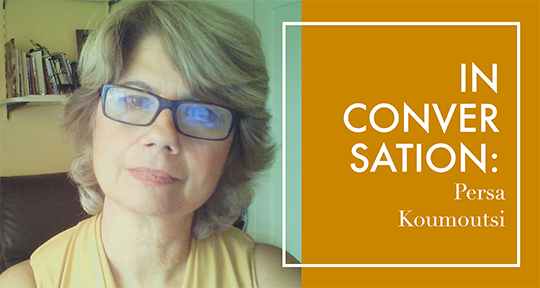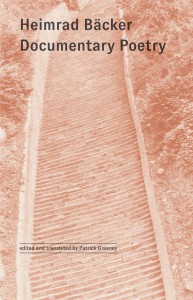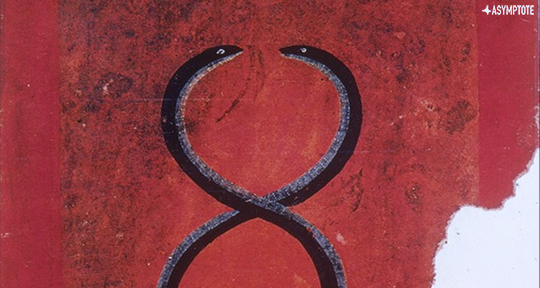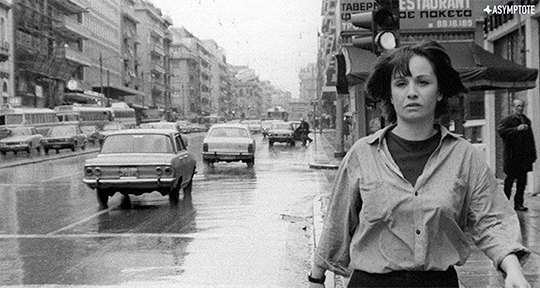Humans throughout history have been fascinated by the elements. Unfathomable forces of nature, they entered our myths and minds aeons ago. There’s no time when we’re not in their thrall. Drawing from the vast store of our collective imagination across mythology, philosophy, religion, literature, science, and art, I present Elementalia, a series of five element-bending lyric essays that explores their enchanting stories and their relationship with the word—making, translating, and transforming meaning and message. This is not an exhaustive (nor exhausting) effort that covers every instance of and interaction with each element, but rather an idiosyncratic, intertextual, meditative work—a patchwork quilt of conversations with other writers, works, and texts across space and time.
Fire blazes in the news now, while elsewhere in the world—where people have less, where media doesn’t look as hard, where photographs aren’t as terribly beautiful—water churns, earth cracks, air howls, and the void always awaits.
/
*
Bastian: “Why is it so dark?”
The Childlike Empress: “In the beginning, it is always dark.”
– The NeverEnding Story, 1984 film
It was the hour before the Gods awake.
– Sri Aurobindo, Savitri
अ॒ग्निमी॑ळे पु॒रोहि॑तं य॒ज्ञस्य॑ दे॒वमृ॒त्विज॑म् । होता॑रं रत्न॒धात॑मम् ॥ १.००१.०१
agnimīḻe purohitaṃ yajñasya devamṛtvijam |
hotāraṃ ratnadhātamam || 1.001.01– The Ṛgveda
/
*
Out of the primordial darkness, something appears. A little spark. So it begins.
Agni, Fire, is the first god to be invoked, the foremost, in the very first verse of the oldest of the Vedas, themselves among the oldest texts in the world. Agni is the one placed first, the priest of the sacrifice. Agni—two-headed, seven-tongued, born from the open mouth of Prajāpati, the progenitor—devours the oblations. That’s how he was coaxed back—with a share of the offerings and an injury-free, immortal-ish lifespan—when he ran away from his duties and hid in the waters and the plants. Agni, the conveyor, carries the offerings to the gods. And Agni, a god among mortals, is himself the summoner of gods.











